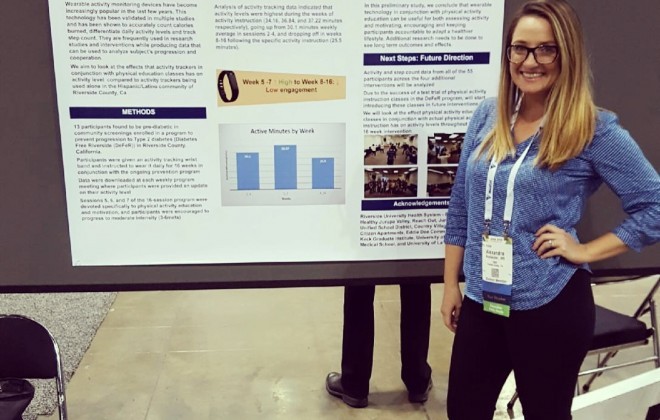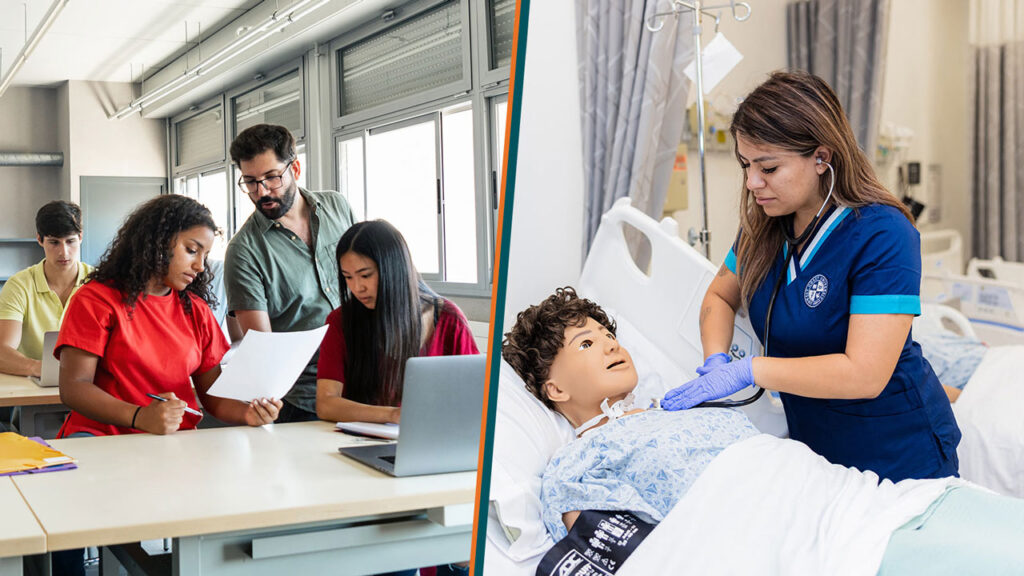The COVID-19 pandemic has put enormous pressure on public health officials worldwide and underscores the importance of public health in an increasingly interconnected world.
The role of a public health educator right now
While clinicians work on the individual level, public health professionals deal with health on the population level — local, regional, national and global. They work to identify factors that put the population at risk and what can be done to reduce those risks. The role of the public health educator is to offer knowledge of how disease is transmitted and how to interpret data from the Center for Disease Control and Prevention (CDC) and the World Health Organization (WHO) — to help negate any false claims that aren’t backed by science and respectable health organizations.
“Our students should have the knowledge and confidence to assess what’s verified information and what isn’t so they know what to share with their family and friends. They can play a role in keeping conspiracy theories and incorrect information from raising false hopes and unnecessary fear and anxiety,” Dr. Alexandra Auslander, an assistant professor of public health at West Coast University, explained. “Right now during this uncertain time, however, our most important responsibility as public health educators is to offer students support and guidance — and direct them to verified resources if we can’t help them directly.”
Reactions to COVID-19
To quote the website of the American Public Health Association (APHA), “if we’re doing our jobs right, the water is clean, the air is breathable, the factories and the food supply is safe,” Auslander added. “Then along comes a disease outbreak like COVID-19, and suddenly everybody wants to talk to us. It shows how important public health is in keeping our nation safe and strong — especially when a novel virus like this one spreads so quickly and uncontrollably.”
When asked if there’s anything she would have recommended or done differently to slow the spread of COVID-19, Auslander is quick to acknowledge the difficulty of answering that question.
“This is a very sensitive topic. There’s a multitude of issues that go into making these decisions at the policy level. I believe we did a really good job of closing borders early on to nations that were in an epidemic. I also think that certain states did a really good job of implementing shelter-in-place and closing all gathering areas early on while others may have waited too long,” she said. “To stop the spread of this virus we all need to follow these social distancing guidelines. With an estimated 25% of the population as asymptomatic carriers, it’s not enough to go on symptoms alone. We all need to be responsible for protecting one another.”
WCU provides career guidance and assistance but cannot guarantee employment. The views and opinions expressed are those of the individuals and do not necessarily reflect the beliefs or position of the school or of any instructor or student.



